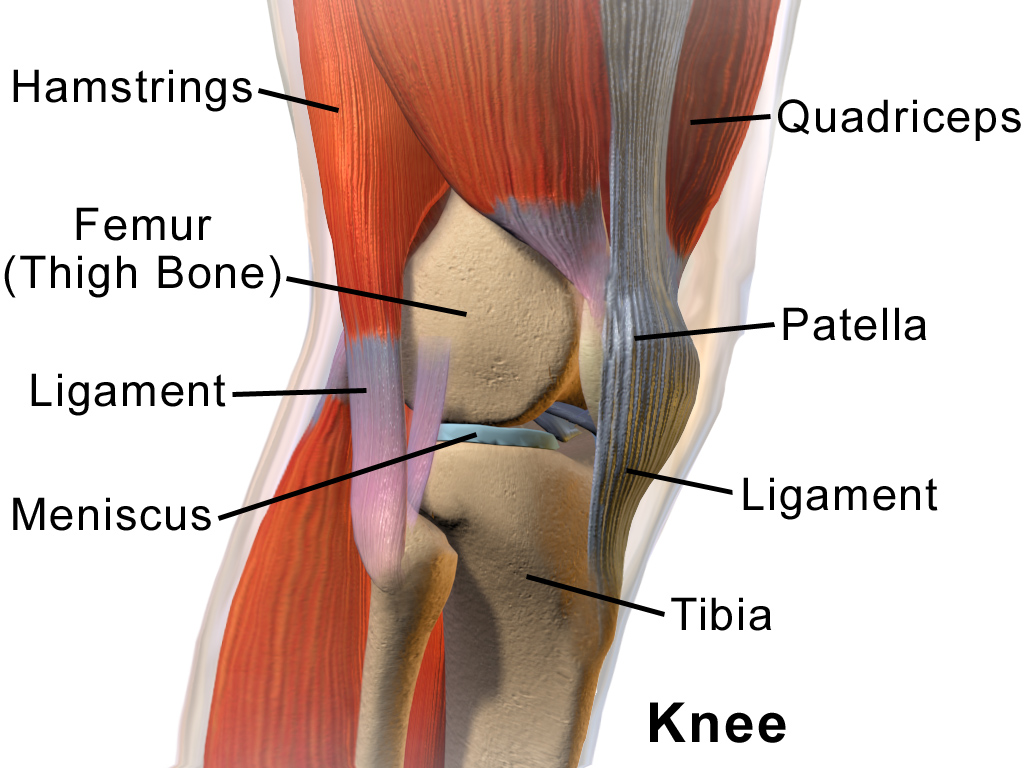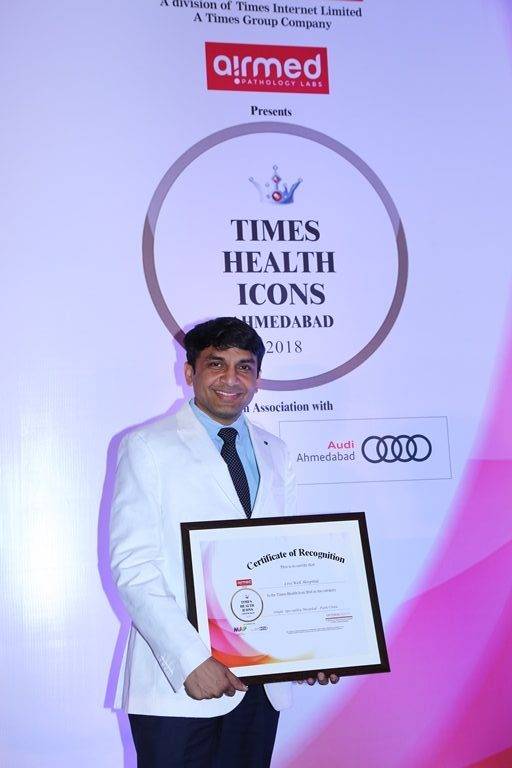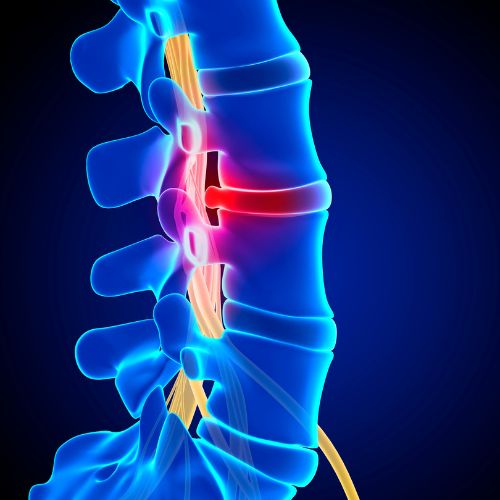Pain is a complex and highly individualized experience, and effectively managing it begins with understanding the patient’s pain level. At Live Well Hospital in Ahmedabad, India, Dr. Hitesh Patel and his dedicated medical team are adept at helping patients identify their pain levels and developing tailored treatment plans. In this blog, we will explore the various ways Dr. Hitesh Patel and Live Well Hospital assess and address patients’ pain levels to provide optimal pain relief.
- Comprehensive Pain Assessment:Dr. Hitesh Patel begins by conducting a thorough assessment of the patient’s pain. This assessment involves:
- Medical History: Understanding the patient’s medical history, including any preexisting conditions or previous injuries, provides valuable context.
- Pain Description: Encouraging patients to describe their pain in detail, including its location, quality (e.g., sharp, dull, burning), duration, and triggers, helps pinpoint the underlying cause.
- Pain Scale: Patients are often asked to rate their pain on a numerical scale, where 0 represents no pain, and 10 indicates the worst pain imaginable. This provides a quantitative measure of the pain’s intensity.
- Diagnostic Imaging:In cases where the source of pain is not immediately evident, diagnostic imaging, such as X-rays, MRI scans, or CT scans, may be employed to visualize and identify anatomical issues or abnormalities, such as herniated discs or bone spurs. This aids in determining the level of physical damage contributing to the pain.
- Objective Physical Examinations:Dr. Hitesh Patel conducts a hands-on physical examination to assess the patient’s range of motion, muscle strength, and any signs of physical distress. This evaluation helps determine how the pain is affecting the patient’s mobility and overall physical function.
- Patient Questionnaires:Patients may be asked to complete pain-specific questionnaires or assessments that delve deeper into the impact of pain on their daily life. These questionnaires provide valuable insights into the pain’s impact on the patient’s emotional well-being, activities of daily living, and overall quality of life.
- Discussion of Triggers:Understanding the specific triggers for a patient’s pain is essential for tailoring treatment. For instance, if a patient’s pain is triggered by certain movements or activities, this information guides treatment recommendations and modifications.
- Pain Tolerance and Individual Differences:Dr. Hitesh Patel acknowledges that pain tolerance varies widely among individuals. Some people may have a high pain threshold, while others may experience severe pain even with minor injuries. This recognition helps in crafting treatment plans that consider each patient’s unique pain experience.
- Multidisciplinary Approach:Live Well Hospital employs a multidisciplinary approach to pain management. This involves collaborating with specialists from various medical fields, such as orthopedics, neurology, and physical therapy, to gain a comprehensive understanding of the patient’s pain level and its underlying causes.
- Tailored Treatment Plans:Based on the gathered information, Dr. Hitesh Patel and his team develop individualized treatment plans. These plans may include non-invasive treatments like physical therapy or minimally invasive interventions such as nerve blocks or epidural injections. Medication management is also considered when necessary.
Dr. Hitesh Patel at Live Well Hospital in Ahmedabad, India, stands out for his ability to help patients identify their pain levels and treat them accordingly. Through comprehensive assessments, diagnostic tools, and a patient-centric approach, Dr. Hitesh Patel and his team ensure that patients receive the most appropriate and effective pain relief, tailored to their unique pain experiences and underlying causes. This approach is central to improving the quality of life for patients and providing hope in the face of chronic pain.
Live Well Hospital is a renowned medical institution in Ahmedabad, India, known for its comprehensive and patient-centric approach to treating various health conditions, including sciatica. Here’s how Live Well Hospital can help individuals suffering from sciatica: Expert Medical Team: Live Well Hospital boasts a team of highly experienced and skilled medical professionals, including orthopedic surgeons, neurologists, physical therapists, and pain management specialists. This multidisciplinary team collaborates to provide a holistic and customized approach to treating sciatica. Precise Diagnosis: Accurate diagnosis is the first crucial step in treating sciatica. Live Well Hospital utilizes advanced diagnostic tools, such as MRI and CT scans, to identify the exact cause of sciatic pain. This precision allows the medical team to tailor treatment plans for each patient. Non-Surgical and Minimally Invasive Procedures: The hospital offers a wide range of non-surgical and minimally invasive interventions to relieve sciatic pain. These procedures include: Epidural Steroid Injections: These injections are administered directly into the epidural space to reduce inflammation and alleviate pain. Nerve Blocks: Targeted nerve blocks can be used to interrupt the pain signals traveling along the sciatic nerve. Facet Joint Injections: In cases where the facet joints are contributing to the pain, these injections can provide relief. These interventions are performed with precision and care to minimize discomfort and promote a faster recovery. Physical Therapy: Physical therapy is an integral component of sciatica treatment at Live Well Hospital. Skilled physical therapists design tailored exercise programs to strengthen the back, improve posture, and increase flexibility. These exercises help manage pain, prevent future episodes, and enhance the patient’s overall quality of life. Pain Medications: Medications may be prescribed by the medical team to manage pain and inflammation, particularly in cases where conservative treatments are not sufficient. These medications are chosen carefully to minimize side effects and optimize pain relief. Lifestyle Modifications: Live Well Hospital places a strong emphasis on lifestyle changes and preventive measures. Patients are educated on weight management, ergonomic improvements, and proper posture to reduce the risk of sciatica recurrence. Patient Education and Support: Understanding one’s condition and treatment options is crucial for effective recovery. The medical staff at Live Well Hospital educates patients about their condition, its causes, and the importance of adhering to treatment plans. Patients are encouraged to actively participate in their recovery. Long-Term Care: Sciatica can be a chronic condition, and Live Well Hospital provides ongoing support and follow-up care to ensure that patients continue to live pain-free lives. This long-term approach is essential for managing sciatica effectively.










